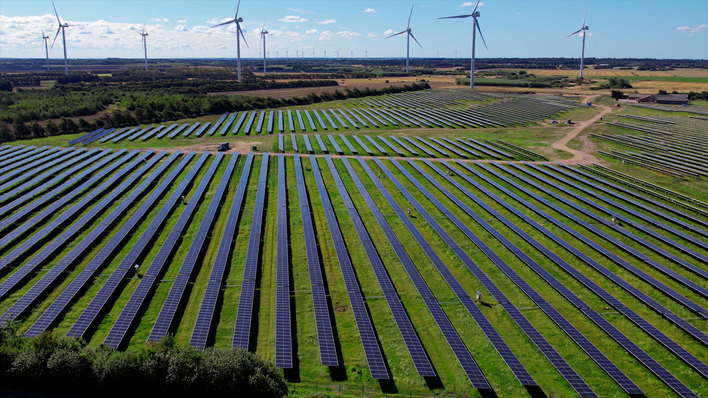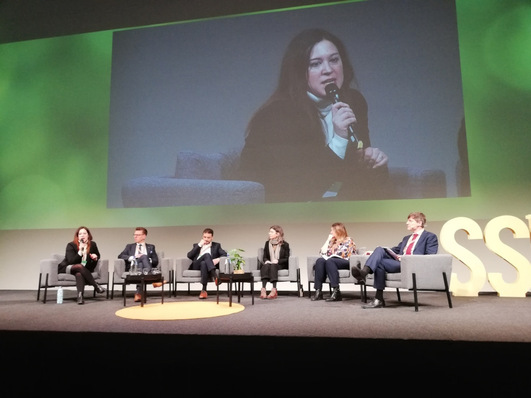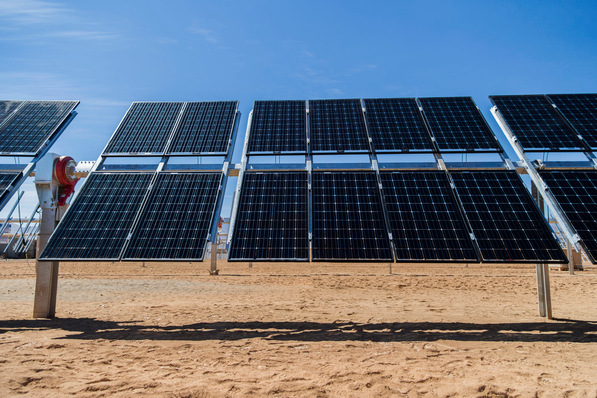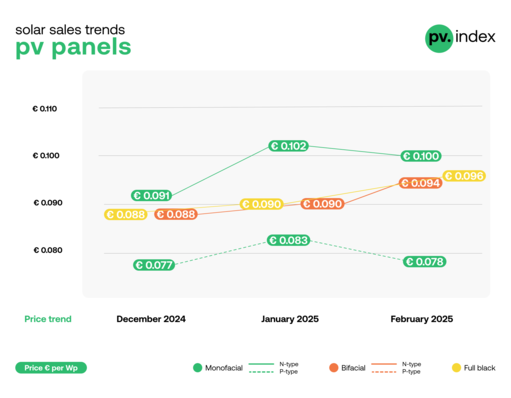The global race to find suitable locations for additional production capacities for solar components is on. To ensure that Europe does not fall behind here, BSW Solar is calling for more effort to ensure that companies and investors also finance local factories. In order to facilitate this, the politicians must improve the framework conditions.
See also: More than 50% PV growth in 2023 globally
BSW Solar is convinced that an indispensable location factor for a resurgent solar industry in Europe is a reliably growing, quality-conscious and bureaucracy-free domestic solar market. In order for the industry to be able to grow to the extent necessary to achieve its goals, however, attractive state offers are needed to promote and hedge risks in the establishment and expansion of production capacities and to cover operating costs during a start-up phase.
Introduce additional criteria for tenders
Moreover, the solar industry is characterised by small and medium-sized enterprises. In order to facilitate access to capital for these investors, innovative hybrid financing instruments are an effective means of temporarily building up equity more easily. But tendering regulations should also support the development of a domestic industry. One lever here would be to introduce additional criteria regarding the quality and environmental standards of the planned components in public tenders and part of future auctions. This would benefit domestic industry sales.
Increasing resilience to global crises
For only with a domestic industry could the targeted expansion of solar energy to 30 per cent of electricity supply in the coming years safely succeed. "Disrupted supply chains during the Corona pandemic as well as the energy crisis have heightened awareness of how important it is to have the highest possible degree of technological sovereignty and industrial self-sufficiency," says Carsten Körnig, CEO of BSW Solar. "In order to increase resilience to global crises in energy supply, a renaissance of the solar industry in Europe is now urgently needed."
Import dependency due to political mistakes
This, he said, has been driven out of Europe by political mistakes, starting with the black-yellow coalition government during Angela Merkel's second term in office and ending with the arrival of the new traffic light coalition. Especially in the area of solar cell and wafer production, the dependence on imports is too high, industry representatives criticise. "The gaps in the industrial solar value chain must be closed with the help of a spirited industrial policy offensive," Körnig demands. "Now it will be decided whether a comeback of the German solar industry will succeed."
Respond to subsidies from other countries with own support
The industry association refers here to the subsidies that other large economies offer producers of modules, cells and wafers, which make the investment conditions there better than in Europe. Besides the U.S. Inflation Reduction Act, Carsten Körnig also mentions the government programmes of the People's Republic of China and India, which are increasingly attracting urgently needed investment capital from Europe.
Also interesting: EU: Industry alliance to expand production of solar components
The industry representatives demand that global competitors' subsidy and trade practices, which are one-sidedly aimed at their own advantage, must now be responded to politically and compensated for in an appropriate form so that they do not have a detrimental effect on Europe as an industrial location. (su/mfo)







